Ellington preferred to call his style and sound “American music” rather than just jazz, and liked to describe those who impressed him as “beyond category,” including and especially many of the musicians who served with his orchestra.
Ellington’s father, James Edward Ellington, born in Lincolnton, North Carolina, USA on April 15, 1879, was the son of a former slave. He moved to Washington, D.C. in 1886 with his small family. Ellington was born to J.E. and Daisy Kennedy Ellington who lived in the home of his maternal grandparents at 2129 Ward Place, NW in Washington D.C. J.E. made blueprints for the United States Navy; Daisy and J.E. were both piano players, and at the age of seven Ellington began taking piano lessons from a Mrs. Clinkscales who lived at 1212 Street NW. The Clinkscales address is often, but erroneously, given as Ellington’s childhood home.
Ellington married Edna Thompson when he was 19, in 1918. She was his childhood sweetheart.
Ellington was awarded the Grammy Lifetime Achievement Award in 1966. He was later awarded several other prizes, the Presidential Medal of Freedom in 1969, and the Legion of Honor by France in 1973, the highest civilian honors in each country. He died of lung cancer and pneumonia on May 24, 1974, a month after his 75th birthday, and was interred in the Woodlawn Cemetery, The Bronx, New York City.
In 1999, in commemoration of the 100th anniversary of his birth, the Pulitzer Board honoured Ellington with a posthumous special award citation for his life-long body of work
A large memorial to Ellington, created by sculptor Robert Graham, was dedicated in 1997 in New York’s Central Park, near Fifth Avenue and 110th Street, an intersection named Duke Ellington Circle. In his birthplace of Washington, D.C., there stands a school dedicated to his honor and memory as well as a majestic bridge.

